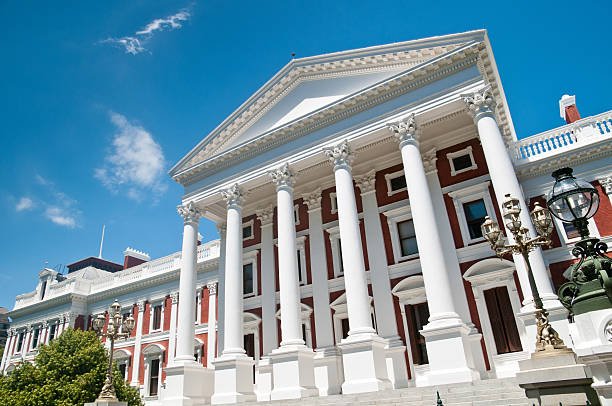Own beliefs, ideologies and worldviews play an important role in media reporting. As it appears on your Grade 12 Life Orientation textbook, under Unit 3 Term 2: Ideologies, beliefs and worldviews,
- Ideologies are the principles, philosophies, dogmas or idea held by the individual or groups and societies.
- Beliefs are the assumptions that individuals accept as the final truth, often based on their culture, religion, and past experience.
- Worldview are the general standpoint from which people see and interpret the world.
These can highly influence and shape the way the media reports information. We will look at these in the following sections.
Critically Evaluating the Role of Own Beliefs Ideologies and Worldviews in Media Reporting
Here we look at the specific roles that beliefs, ideologies and worldviews play in media reporting.
Beliefs of media reporters can affect how they report information by judging and discriminating based on their assumptions from their beliefs and personal views.
Ideologies can overshadow reporters political views or social angle they take, when selecting what details to report about the events, which can lead to a bias.
Worldviews elements such as culture and religion can disadvantage the media reporting when reporters present events and stories.
Beliefs, ideologies and worldviews may impact media reporting in a way that is not fair and just. Beliefs, ideologies and worldviews in media reporting, can influence:
- what topics are covered
- What positions are taken by editors of the news
- What space is allocated to a certain topic, over others.
- Where is the information going to be distributed at.




